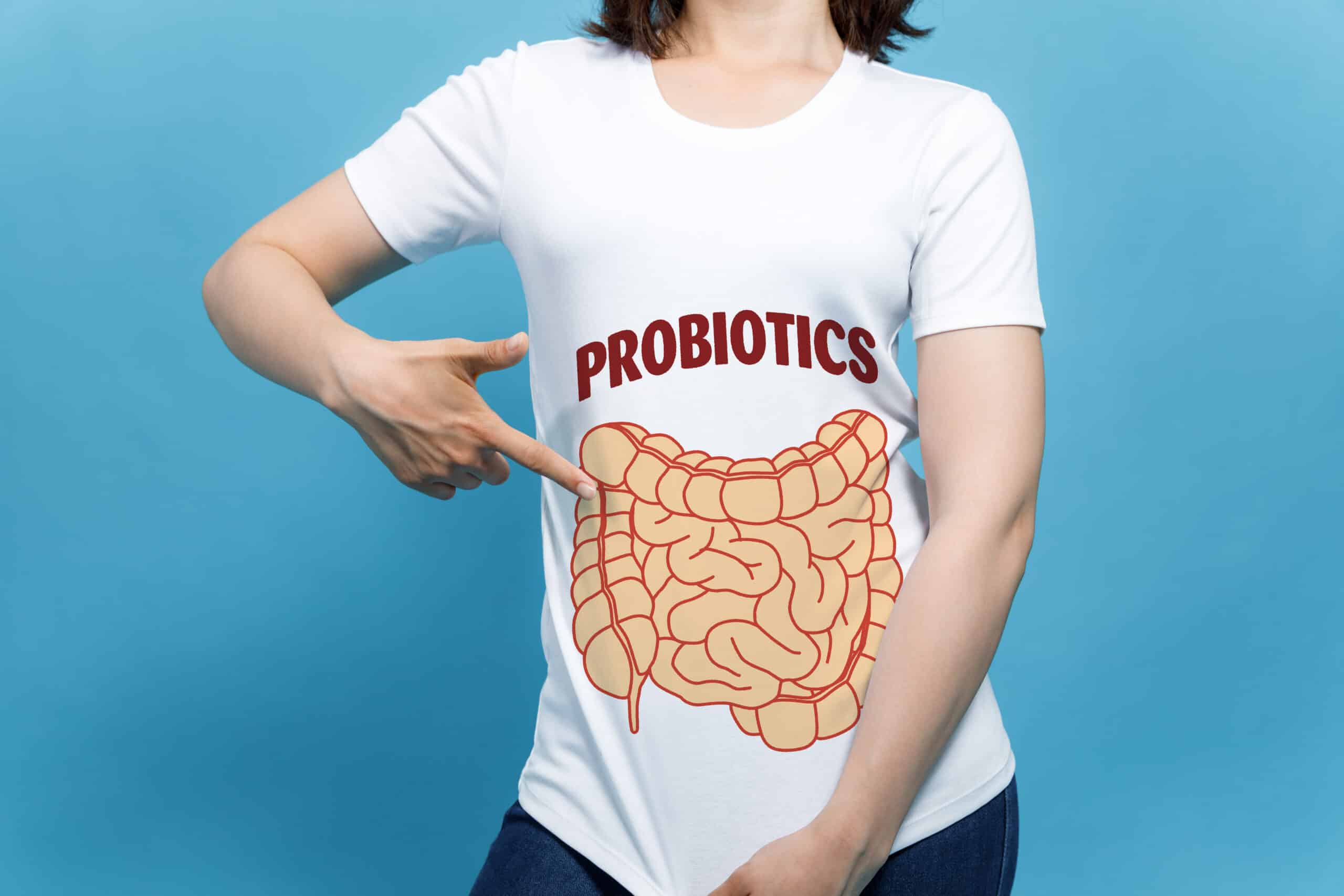For those who are lactose intolerant and those avoiding the dairy isle for personal choices there are other ways to get probiotics from a variety of products that contain live and active cultures that are plant based and do not come from animals.
“Live and active cultures refer to the living organisms (for example, Lactobacillus bulgaricus and Streptococcus thermophilus, which convert pasteurized milk to yogurt during fermentation),” Gabrielle Mancella, RD, says. “Live cultures are microbes that often work as food-fermentation agents, which feed off the sugar found in products.” Lactobacillus bulgaricus and Streptococcus thermophilus are some of the most common strains seen on many food labels, she adds.
However, no two strains of probiotics are identical, and the benefits range from gut health support to immune health support among others says Kristie Leigh, RD, dietitian and senior manager of scientific affairs at Danone North America. “The benefits of probiotics vary depending on the strain. Because the benefits of probiotics are strain-specific, there aren’t gut health or immune health benefits that can be attributed to all probiotics.”
Cultured nut butters are probiotic rich and provide a strong nutritional punch of protein. “These nut butters provide probiotics in a delicious, on-the-go nut butter pouch,” Leigh says. “They are a convenient source of protein and probiotics with 11 grams of protein and 2 billion probiotics in each pouch.” 2 billion may seem like a lot, but Harvard Health suggests getting 1-10 billion CFUs to get a good dose.
Organic sauerkraut is a great source of probiotics, this product is fermented cabbage and it is packed full of vitamins B and C, it can be consumed raw or in place on condiments to provide a savory punch to meals. A study published in the Nutrition and Cancer journal suggests that sauerkraut can help to maintain a healthy gut and assist in disease prevention especially in regards to reducing incidence of breast cancer.
Fermented Kombucha contains plant based and prebiotic XOS fiber to selectively nourish naturally occurring probiotic bacteria in your gut; a study published in Gastroenterology Research and Practice suggests that fiber has positive effects linked to balancing gut bacteria in the intestine.
Plant based yogurt is a great alternative to dairy and a good way to help maintain your immune system that is loaded with clean ingredients without sugar (read the label to make sure). A study published in Integrative Medicine: A Clinician’s Journal suggests that some strains are linked to GI tract benefits as those who consumed the plant based yogurt with vegan fermented probiotics experienced improvements in gastrointestinal issues.
Kimchi napa cabbage has a variety of potential recipe uses and is low in calories as well as sugar. According to a study published in Frontiers in Microbiology, to go along with the probiotics it also contains dietary fiber, minerals, amino acids, vitamins, carotenoids, polyphenols, and glucosinolates.
Cultured coconut yogurt drinks deliver a nice flavor along with it being a probiotic rich drink. “This beverage has the texture of drinkable dairy yogurt, yet it’s dairy-free,” Amy Gorin, RDN, says. “It’s made with Thai coconuts (making it a great source of satiating fiber) and contains up to 10 billion CFU at the time of manufacturing.”
Organic Olives are another great source of probiotics, naturally fermented olives contain specific strains of probiotics that have been shown to have potential health benefits according to a study published in the Food Microbiology journal. This kind of olive has not been pasteurized meaning the probiotics have not been stripped during processing which may help to improve gut health.




